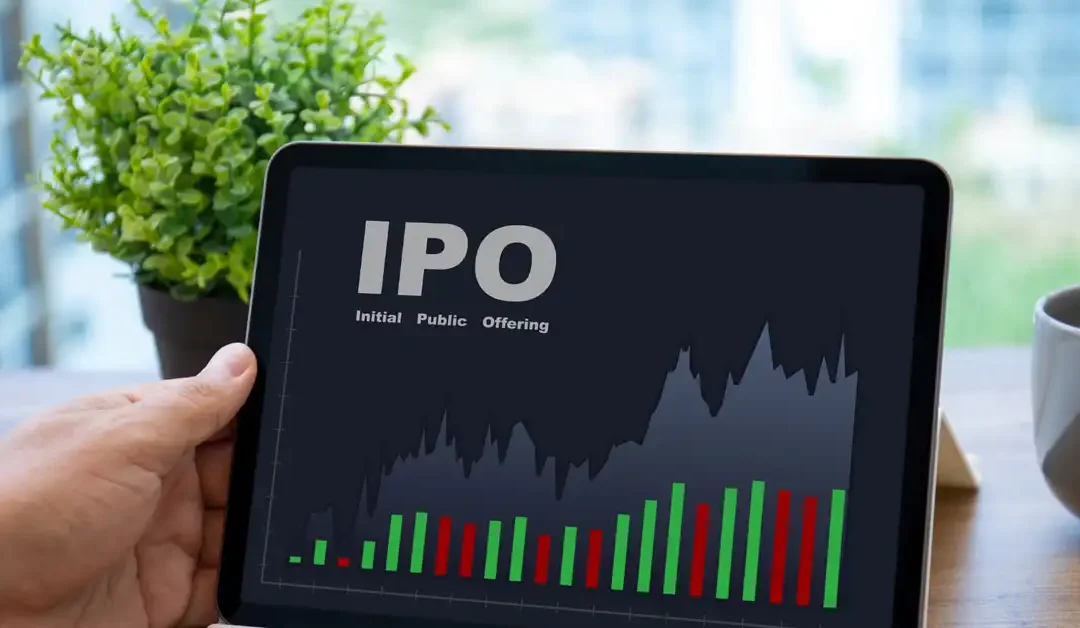In 2025, with the rise of India’s startup ecosystem and more companies delaying public listings, unlisted shares have become a hot investment trend. These are shares of private companies not yet listed on stock exchanges like NSE or BSE. Buying unlisted shares can be a smart move—if you know how to do it right.
In this blog, we’ll walk you through a beginner-friendly, step-by-step guide on how to buy unlisted shares in India, the platforms to use, legal rules, and what to watch out for.
📌 What Are Unlisted Shares?
Unlisted shares are stocks of companies that are not traded on public stock markets. These could include:
- Pre-IPO startups (e.g., OYO, PharmEasy)
- Delisted companies
- Privately held companies
These shares are traded over-the-counter (OTC) and through SEBI-compliant platforms or brokers.
✅ Why Should You Consider Investing in Unlisted Shares?
Here are some key reasons investors are jumping into this market:
- Early Access: Get in before the IPO surge.
- High Potential Returns: Many unlisted companies grow rapidly before going public.
- Diversification: An Alternative to traditional stocks and mutual funds.
- Access to High-Growth Startups: Be part of India’s startup success stories.
But: ⚠️ It’s riskier than listed stocks. Prices are not always transparent, and exit options may be limited.
🪜 How to Buy Unlisted Shares in India – Step-by-Step
Step 1: Choose a Trusted Platform
Always use SEBI-registered, transparent, and reliable platforms.
Step 2: Shortlist the Company
Do your research:
- Check business model & industry trends.
- Look at revenue, profitability, and funding history.
- Find out if they have IPO plans.
- Read the company’s DRHP (Draft Red Herring Prospectus), if available.
Step 3: Check Share Price & Availability
Unlike listed stocks, unlisted share prices are negotiated. They’re based on:
- Last transaction price
- Demand–supply
- Market sentiment
- Company’s financials
The platform will provide real-time quotes.
Step 4: Complete KYC
You’ll need:
- PAN Card
- Aadhaar Card
- Bank details
- Active Demat account (Mandatory)
Most platforms offer a 100% digital onboarding process.
Step 5: Make Payment via Escrow Account
Once KYC is verified and the price is agreed upon:
- You sign a Share Purchase Agreement (SPA)
- Pay via a secured escrow account (never personal accounts!)
- Receive a payment confirmation and tax invoice
Step 6: Get Shares in Your Demat Account
Within 2–5 working days, the unlisted shares are credited to your Demat account via CDSL/NSDL.
You’re now officially a shareholder!
👤 Who Can Buy Unlisted Shares?
Anyone with a verified KYC and a Demat account can invest, including:
- Retail investors
- HNIs
- Startup employees (via ESOPs)
- Angel investors
Minimum investment usually starts at ₹30,000 and can go up to ₹1 lakh or more, depending on the company.
⚖️ Legal Rules & Taxation in India
- Lock-In Period: After IPO, you cannot sell for 6 months (SEBI regulation for pre-IPO shares).
- Capital Gains Tax:
- Held < 2 years → Short-term gains (taxed as per slab)
- Held > 2 years → Long-term capital gains (20% with indexation)
📝 Always consult a CA for tax filing.
🧠 Pro Tips for Beginners
- Stick to verified platforms like PreipoShare.in
- Ask for all documents (invoice, SPA, ISIN)
- Avoid black-market or unverified dealers
- Be ready to wait—the exit may take time
🚀 Final Thoughts
Unlisted shares offer access to India’s most exciting private companies before they hit the stock market. But this opportunity comes with responsibility. Always use compliant platforms like PreipoShare.in, Understand the risks, and think long-term.
FAQs
Q1: Is it legal to buy unlisted shares in India?
✅ Yes. Use SEBI-registered intermediaries and platforms.
Q2: Can I sell my unlisted shares easily?
❌ Not always. It depends on demand, IPO events, and buyer availability.
Q3: Is a Demat account mandatory?
✔️ Yes, shares are credited electronically via CDSL/NSDL.
Q4: What is the lock-in period post IPO?
⏳ 6 months (as per SEBI regulations).
Q5: Are these investments risky?
Yes. Unlisted shares are high-risk, high-reward. Do your due diligence.

